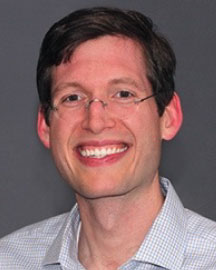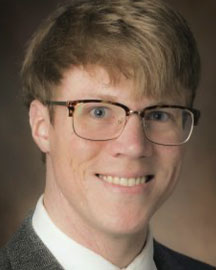Centering Chemistry Class on Making Sense of Phenomena
Presented by Ryan Stowe, PhD & Adam Schafer, PhD
Wednesday, June 8, 2022 ◉ 9:00 am to 12:00 pm
Chemistry courses, according to the Next Generation Science Standards, should focus on helping students make sense of the world by connecting molecular behavior to observable events. This presents significant challenges, as atoms and molecules are far removed from experience and behave in ways that are difficult to intuit from macroscopic experience alone. By carefully orienting class work toward constructing and refining causal accounts for phenomena, a learning environment can bound student sensemaking and support students’ use of science and engineering practices. This workshop will engage participants in reflecting on pedagogical tools and practices supportive of students’ molecular-level sensemaking. Teachers in attendance will have the opportunity to experience perplexing phenomena, construct questions about how and why those phenomena occur, and work as a community to make sense of what they observed. Participants will further reflect on how they would enact analogous phenomena-centered lessons in their local context. Throughout the workshop, teachers will work with materials developed for a NGSS-aligned, transformed chemistry curriculum including formative assessments, teacher guides, and student guides.
Target Audience: High School, Chemistry
Presenters



Comments are closed.